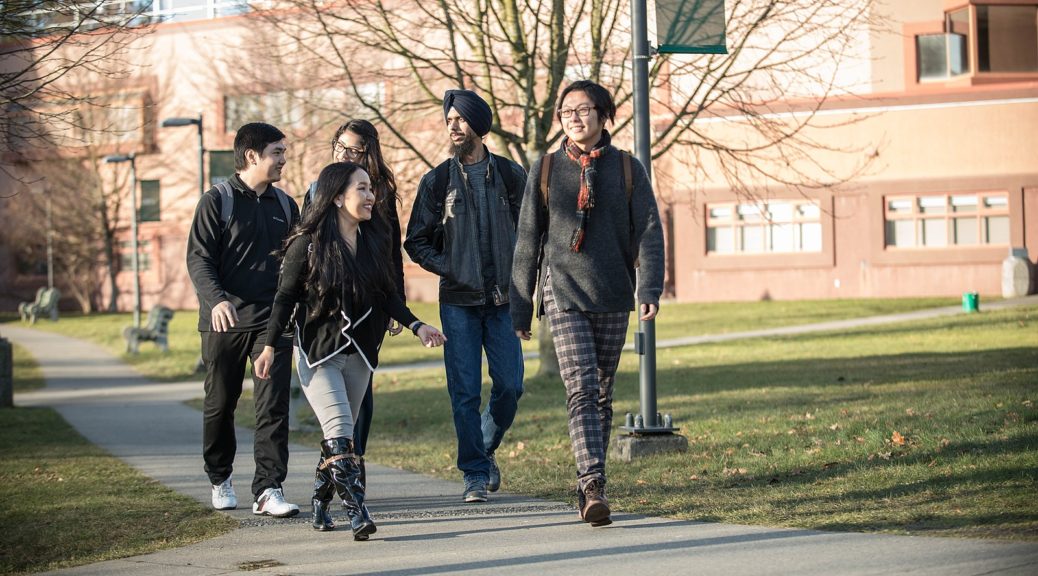By Stella Yeung
My grandfather had been creating Chinese art for as long as I can remember. My family would drive to his house, a couple towns over, every weekend. All my mom’s sisters, brothers, nephews, and nieces lived with him, keeping the house in a constant commotion. The house smelled of traditional Chinese dishes and bare feet. During every weekend visit, I begged to go home immediately, as I judged this side of the family who grew up so differently than me. It bothered me that they had mismatched bed coverings and antique art pieces that seemed to be blindly picked up from Goodwill. I pulled at my mom’s sleeves until she told me “Be quiet, we’re leaving soon”. I let out exaggerated groans and sighs until we’d finally leave hours later.
I spoke Chinese-English growing up, but the English side became more prominent as I went through American schooling and watched countless reruns of Full House. I watched enviously as I constantly compared my family to the characters in the show. I wondered why I didn’t have an uncle like John Stamos or a dad like Bob Saget, and why my life had to be so crude.
“Do you know how lucky you are to grow up in America?”
I roll my eyes at my mom because I’ve heard it all before, even though, on the inside, I know I take it all for granted. My mother’s side of the family are all immigrants, including herself. Most of them did not get college degrees and worked in the restaurant business for years after they came to America, just so they could pay bills, support the family, and repeat. Regrettably, I have never had much conversation with this side of my family. Their main focus was to get to America to provide a better life for their kids, and here I was, a non-Chinese speaking Chinese-American with everything laid out for me. The least I could do was learn Chinese, to say thanks, and commend them for their conquered adversity. However, they never fully learned English and I never fully learned Chinese; we were comfortable with how things were and therefore never felt compelled to change. As a result, I sit awkwardly and quietly at family gatherings, picking at food and wishing my relatives would quiet down (yelling is commonplace for their conversations). I am annoyed at their volume of conversation but also envious, because I’m not a part of it. Here we are, sitting, with the same blood running through us, but we are strangers. As a side note, I did go through multiple years of Chinese school, but my mother had to sit with me because I couldn’t understand the teacher.. After a few years, I finally convinced her to stop paying for my Sundays filled with embarrassment and boredom.
So, to keep myself preoccupied while at my grandfather’s house, my tiny self would hobble into my grandfather’s study room where he would be effortlessly gliding ink across parchment. There was parchment on the floor, walls, and tables. Ink and paint brushes were scattered across his desk as well. He would dabble in ornate paintings of mountains or large texts of Chinese. Each brush stroke was placed with precision, grace, and dexterity I wished I could do with such ease. I was an artist myself so I watched him with awe. Since I couldn’t read Chinese, I never quite knew what the words he wrote meant, but my young wide-eyed self knew they looked beautiful.
While I never lived in rural China and was never forced to farm for a living, I also found that same escape in art as my grandfather once did. When he wasn’t drawing, he was scowling. Veins thriving from his neck and brows constantly furrowed. He spoke in complaints and accusations. The only time I saw his face relax, and his muscles loosen, was when he was at his desk, in his study, with his brushes in hand and parchment in front of him. I stare at his concentration, the clear transparency in his eyes as his presence was no longer at his home but somewhere far off where he felt at peace. I smile because I know exactly where he is. He later passed his paintbrushes onto me because he knew I was an artist just like he was. Oddly enough, nobody else in our family had the same shared fire to create as we did.
Continue reading An Unspoken Language →



